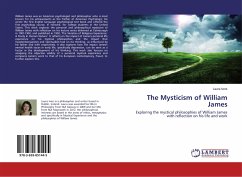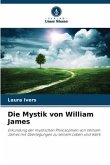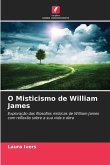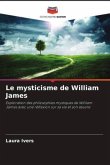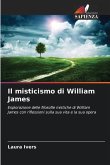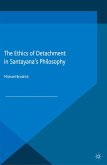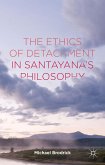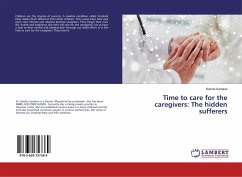William James was an American psychologist and philosopher who is most known for his achievements as the 'Father of American Psychology'. He wrote the first English language psychological text book and offered the first psychology course, in Harvard, for college students in the United States. This work explores the personal and philosophical mysticism of William James with reflection on his lecture series delivered at Edinburagh in 1901-1902, and published in 1902, 'The Varieties of Religious Experience: A Study in Human Nature'. It reflects on the impact of James's personal life experience on his mystical philosophies and the impact that Swedenborgianism and Spiritualism had on his thinking, as influenced by his father and wife respectively. It also explores how the impact James's mental health issues in early life, specifically depression, can be seen as a factor in the development of his thinking. This work also focuses on analysing the objective validity of a personal mystical experience and compares James's work to that of his European contemporary, Freud, to further explore this.
Bitte wählen Sie Ihr Anliegen aus.
Rechnungen
Retourenschein anfordern
Bestellstatus
Storno

